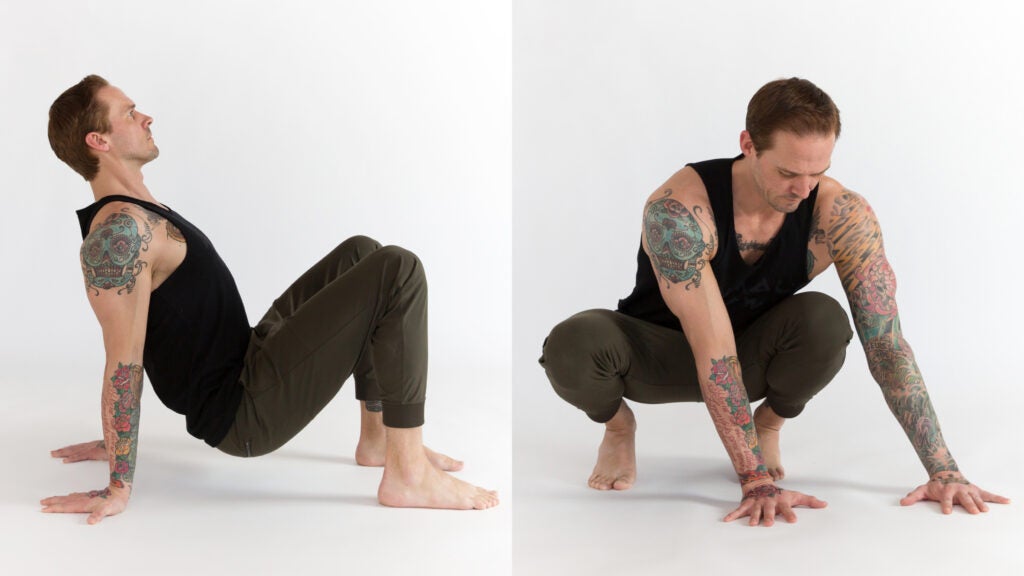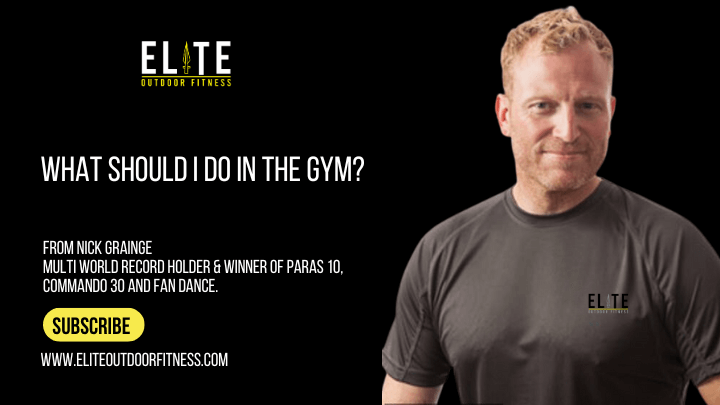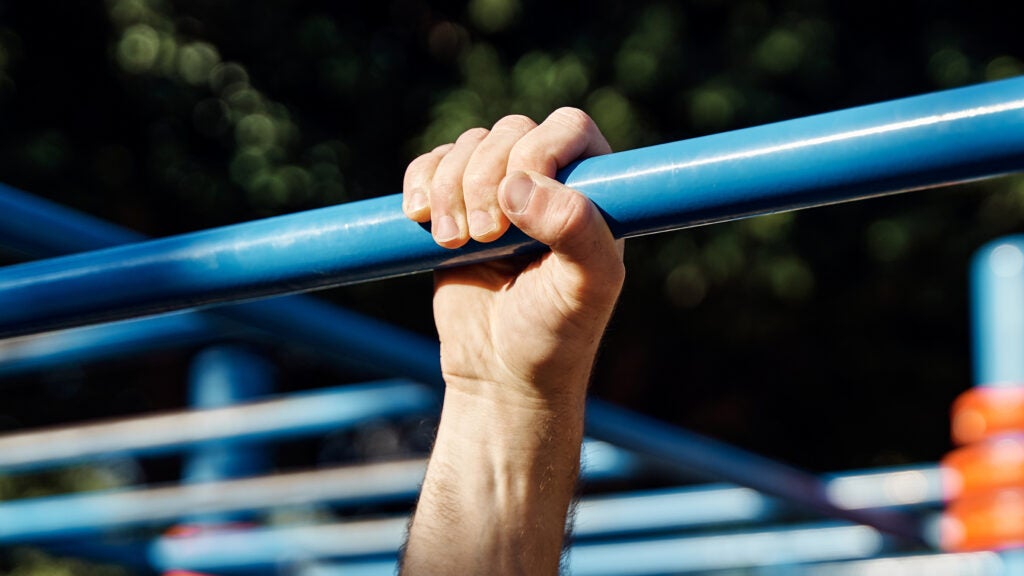Many athletes never transition to the world of coaching; of those who do, even fewer make a transition from coaching to academia, and again, even fewer from academia to the private sector.
Chris Frankel, who has done all three, with a lifetime of accompanying experiences and lessons learned on his unique journey, was the obvious choice to lead human performance innovation at BeaverFit.
One of Frankel’s strongest skills is “being able to walk into any environment – whether 5th grade PE, with professional athletes, at initial entry military training, or in a room full of PhDs – and have a relaxed conversation without having to code switch too much. It’s the same challenge, different environment,” he said.
Frankel, who holds a doctorate in physical education with an emphasis on sports and exercise science, jokingly calls himself a “mediocre athlete” with a “dismal athletic career,” but it’s clear his early influences helped shape the trajectory of his path to success.
Growing up in the Washington, D.C. area, Frankel attended Sidwell Friends private school where he ran track, and played soccer, football and basketball. He continued as a college athlete at Hiram College, Ohio, as part of the Presidents’ Athletic Conference championship football team and a standout in track and field.
Unlike most athletes his age, Frankel also became closely involved with coaching these sports. Through summers spent under the wings of influential coaches such as Eddie Saah, recognized by the Washington Sports Hall of Fame for 16 consecutive youth baseball championship wins, and Dan Riley, former strength and conditioning coach for the Washington Commanders, Frankel developed an appreciation for the art of coaching and gained experience working with athletes at all levels – from middle school softball to basketball players en route to the NBA. He recalled that “learning the back-end of coaching was fascinating, because being just the player or athlete is so much different than understanding how to manage everything together.”
In his mid-20s, Frankel moved to Los Angeles where he took a job at an upscale fitness club, and eventually a personal training gig at Gold’s Gym. He became immersed in the world of elite bodybuilders and their coaches, continued doing 5Ks and track meets, and worked hard enough at basketball to be able to play on the A court at Venice Beach.
“If anybody asked what made me successful, it was just trying to be a sponge of everything,” he said. “I spent 90% of my time assuming I’m the dumbest person in the room. What can I learn from every athlete and every coach? What can I learn from every person I’m working with? And 10% of the time, I put pen to paper and action everything I’ve learned up until that point.”
The Los Angeles scene took its toll after a couple years, so Frankel relocated to a quieter life in New Mexico, met his wife and began his master’s degree at the University of New Mexico. He entered the physiology and statistics-oriented exercise science program as a sociology undergrad and was big-timed by his peers once they realized he wasn’t from a science background. “And with the chip on my shoulder, I thought, not only am I going to do well in this class, I’m going to do better than all of you,” he recounted.
He earned his master’s and went on to pursue a doctoral degree. What he didn’t expect at the time was that it would take 23 years to complete, as he raised a family and continued to work multiple jobs in the fitness, coaching, and high performance training industries.










